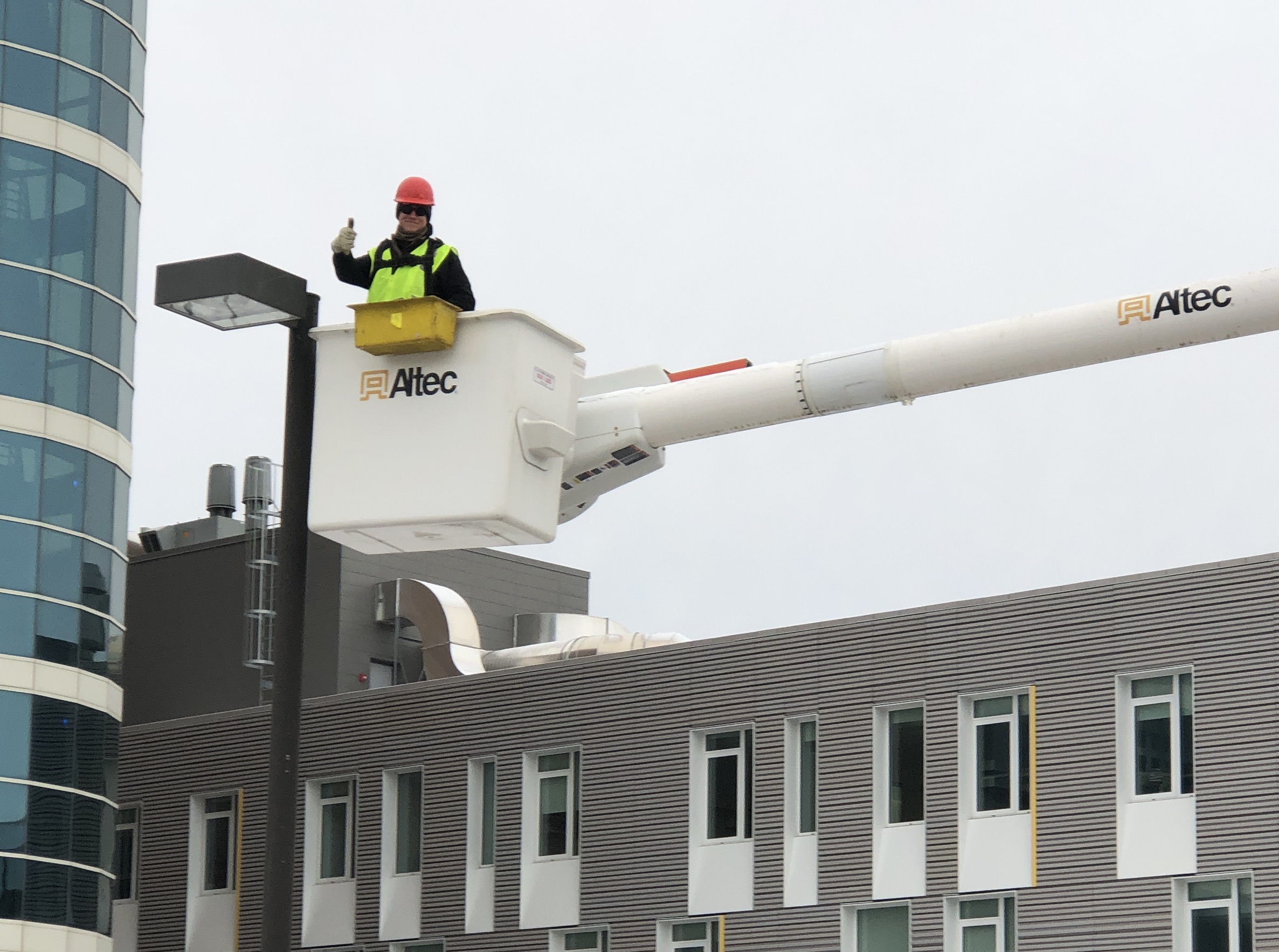Energy Conservation Initiatives
The cheapest and cleanest energy is that which is not used. The Energy Conservation Initiative reduces campus-wide energy consumption and helps the campus meet the target goal of carbon neutrality by 2035 with efficiency projects in heating, cooling, building systems, and lighting.
The Energy Conservation Initiative (ECI) studies and identifies high-impact energy-saving projects across the Ithaca campus, as well as in off-campus contract colleges and real estate holdings for the University. ECI is managed by a dedicated team in the Energy Management Department who identify and implement three types of upgrades: building automation & controls, heat recovery, and lighting systems.
ECI Project Savings
Cornell’s Energy Conservation Initiative (ECI), launched in 2000, has significantly reduced costs and greenhouse gas emissions, supporting the university’s sustainability goals. Browse data about our progress to neutrality to understand the impact of ECI projects in context.
Cornell uses the Green Revolving Investment Tracking System (GRITS) to track, calculate, and share project-level energy, financial, and carbon savings data for all ECI projects and efficiency improvements.
Explore individual projects, energy, financial, and carbon savings on the GRITS public dashboard
The energy saving benefits of Cornell's ECI approach are substantial. As of early 2024, ECI projects had saved the University a cumulative 3.5 million MMBtus, which is equivalent to taking our Central Energy Plant completely off-line for more than a year. The CEP is powered by natural gas, meaning ECI projects have significantly reduced Cornell's carbon footprint and prepared the institution to transition to renewable energy with a lower overall energy load.
Another way to understand these savings is through Cornell's "flat line" energy use. Cornell University has seen no growth in energy use since 2000 as a result of energy conservation efforts, in spite of campus square footage growing by 20% during that same time.
Of special note was the Campus-Wide LED Replacement Project completed in 2019, with the replacement of 156,000 four-foot fluorescent tube lamps with more energy-efficient lighting across a significant portion of campus buildings. By replacing traditional fluorescent lighting with high-efficient LED tubes with a longer life, Cornell has realized $635,000 in savings annually, and over $8 million in total savings over the lifetime of the bulbs' expected life. In addition, the project saves over 8.5 million kWh of energy annually, equating to an annual carbon savings of 3,370 MTCO2e.
Lighting upgrades save Cornell $2.9 million, reduce carbon footprint, Campus Sustainability Office November 7, 2019

